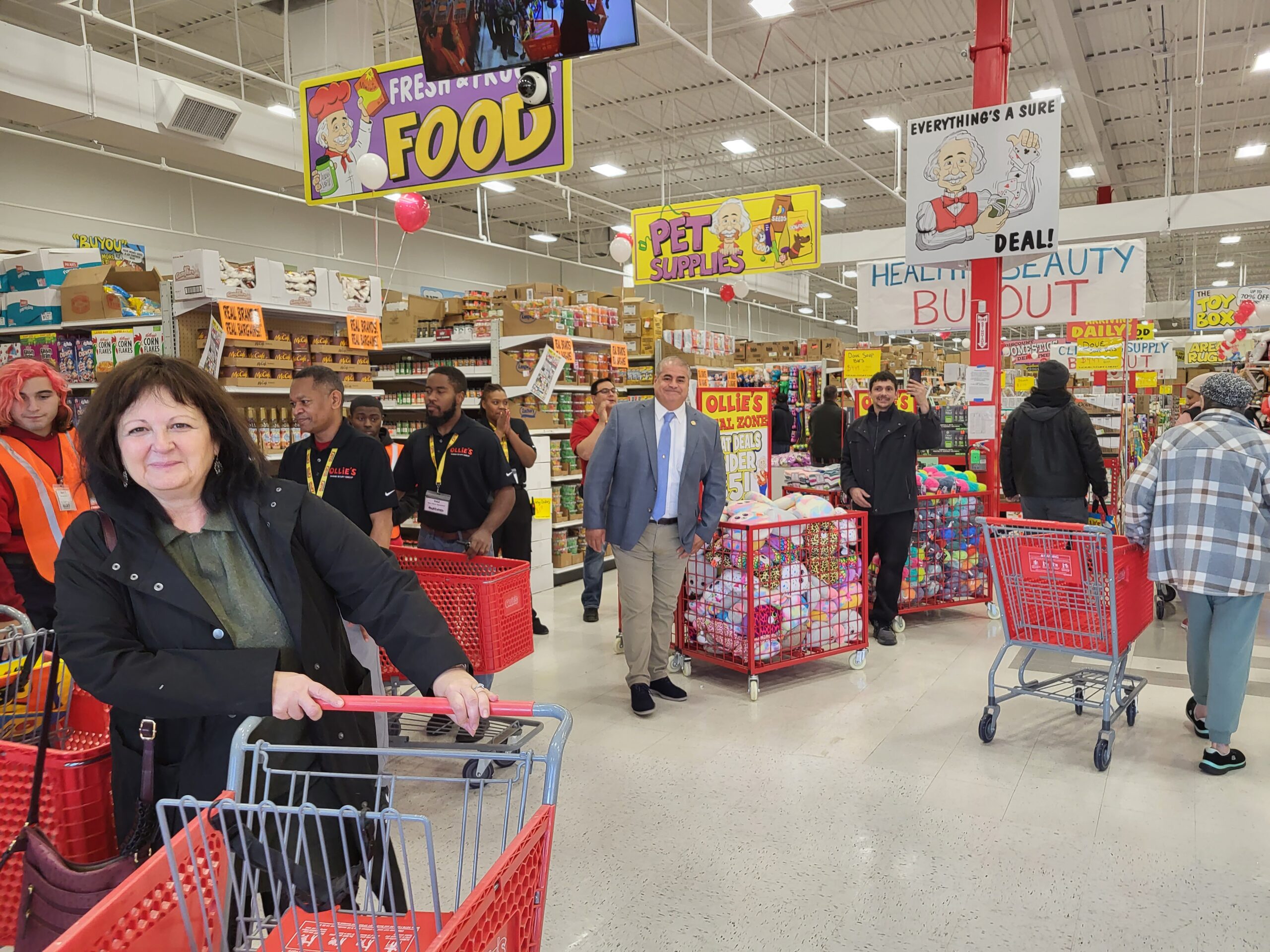Amazon, once its own phenomenon and currently a true convenience to most people, is, as they say, both a blessing and a curse. You can quite literally order something and have it delivered the same day due to all the new local warehouses stocked with inventory. In our days of instant gratification, if delivery takes more than a day or so, it can be disappointing, and it would be even crazier to think you may have to leave the comfort of your couch to buy something nowadays. The selection can be pretty impressive, and the item just shows up at your door with the click of a button; that can be a blessing.
But for something seemingly so good, there is usually a downside. We have all probably been there, snuggled on the couch in pajamas, with the throw blanket over us, scrolling…and scrolling…and scrolling. We compare different items, we pick the one and one, or more often settle for the available one, and click. The credit card is charged, already stored in the phone – so we didn’t even have to get up for our wallet – and the order is on the way. It becomes somewhat mindless shopping which can easily lead to spending way more money than planned, or simply buying more than intended. Many people find themselves with so many boxes on their doorstep smiling away at you and you can’t even remember what you purchased.
More significantly though is the damage it does to the community around you. With less and less people actually going into the physical stores, brick and mortar stores are closing, leaving vacancies that are hard to fill and slowly chipping away at the character of a neighborhood.
Less stores in the area take the jobs with them. Stores that sell merchandise are often the perfect entry-level jobs for our young people starting out and their first step into building a work ethic, understanding taxes taken from their paycheck, and budgeting their weekly pay. These jobs are often beneficial to the mom or dad or retiree who wants to work part-time to bolster their household income.
The next benefit lost is that Amazon and even the Walmarts, Targets, and Kohls are not actively involved in your local community groups. They are not the ones continually sponsoring the school play or the local sports teams. They want to sell you something in the instant that you think you want it and move on; there’s no real relationship there. They also don’t want you to have the chance to think about it. It can absolutely be, and is encouraged to be, an impulse buy. The timer on the cart says if you order in the next few hours, you can have it by tomorrow. It’s designed to excite, entice, and rush you to click. If you had to make time and drive to a store you may think twice about how much you really want or need it.
On the other side of the coin are the local stores, often owned by a person or family nearby. These are people you may actually know and can speak with, people to call or see face to face if there is a problem, or you want to invite them to sponsor or participate in an event. These are also people who you see patronize stores and restaurants in the area. It’s literally the gift that keeps on giving.
Sometimes we don’t realize what makes a store truly local. For example, often seen as more corporate entities but aren’t are White Castle and Texas Roadhouse. The Texas Roadhouse in Selden is owned by a young woman, Kristina Wilson. Kristina lives in the immediate area of her restaurant and her kids go to the local school district. She is actively involved in her community and although Texas Roadhouse is a franchise, it is designed in a way that Kristina has autonomy over her business. She makes the bulk of her own decisions in interacting with the community, she hosts the meetings and the fundraisers, and says yes to the sponsorships.
Similarly White Castle, a chain of stores owned by a family, allows, and encourages their managers and staff to get involved in their surrounding area. The ability to interact with the community is what makes them small, local businesses. Hilda Gonzalez, manager of the Centereach Castle, sits on the local civic association board and gets involved in the school and town activities.
Then there are the locally owned hardware, stationery, and candy stores. There are the small clothing boutiques, the Etsy store owners, the artisans at the local craft fairs, and many more. If and when possible – start there.
Some of the best gifts today are not exactly items, but gift certificates to the local pizza places, delis, and coffee shops. A thoughtful gift that will be appreciated, dare I say, even a little more than the Christmas mug.
So remember, for every dollar spent locally, that dollar goes on to be used in other neighboring businesses, over and over, as well as payroll for local people and even contributes into the tax base of your community. So as we enter into this Holiday season – and honestly, the entire year – shop your local businesses for whatever your needs are first.
Encourage others to do the same. The well-being of your neighborhood depends on it.








